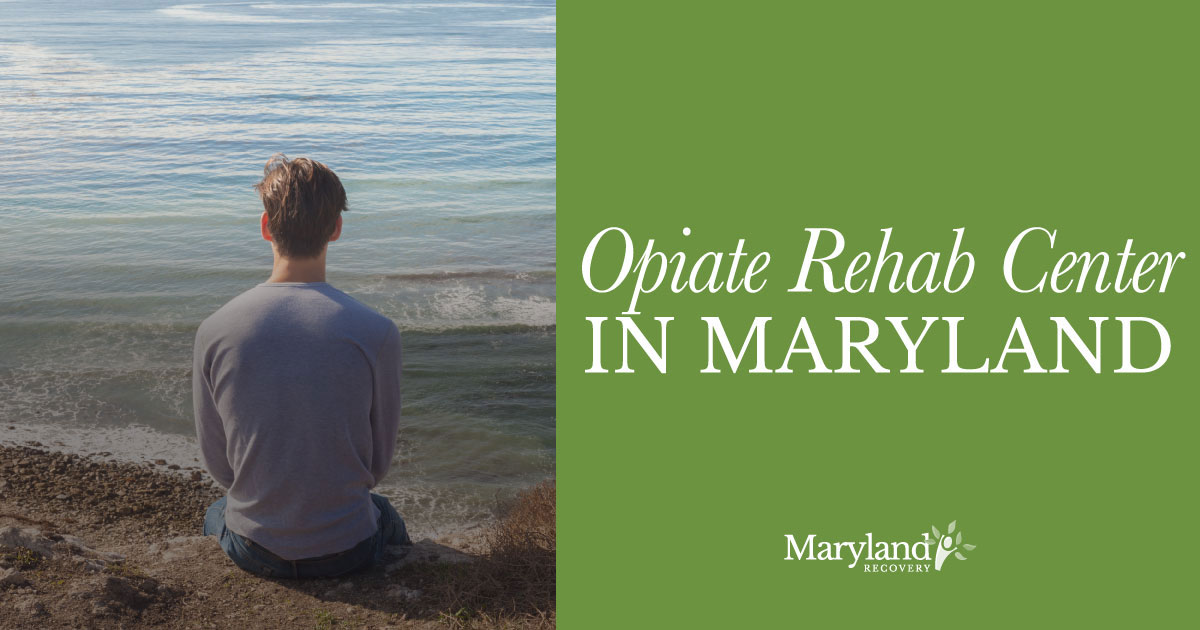
Opiates are a class of powerful painkillers that cause sedation and euphoria. Many can be obtained by a doctor’s prescription, but they carry a high risk of abuse and even dependence. Opiates include everything from OxyContin and Vicodin to Morphine and Heroin. Patients who have abused an opiate report feeling powerless to their craving for the drug, and they often continue using despite the potentially dangerous or life-threatening consequences.
Opiate Vs. Opioid
Opiates are naturally extracted from poppy plants, which contain opium. Opioids, however, are synthetic or partially synthetic, meaning they are engineering through chemical synthesis – instead of being taken from a poppy plant. Although the two havehag different origins, opiates and opioids generally elicit similar reactions in the human body.
How Opiate Use Can Lead To Addiction
Taking opiates activates opiate receptors in a first-time user. The receptors are widely distributed throughout the patient’s brain and body. Opiates elicit both pain relief and a feeling of pleasure for the user. The simultaneous rush of please and pain relief is so strong that it can often lead to opiate abuse and addiction.
When a person has used an opiate for a prolonged period of time, the nerve cells in their brain function different and stop producing endorphins (the body’s natural painkiller). The nerve cells begin to develop a physical dependency to the pharmaceutical drug. If the user suddenly ceases opiate use, strong withdrawals often follow, leading to addiction.
Opiate and Opioid Abuse Can Be Fatal
Opiate and opioid abuse is not to be taken lightly. The Centers for Disease Control and Prevention’s most recent data on drug overdose deaths says 22,134 people died in 2010 from pharmaceutical drug overdoses, and opioid analgesics were involved in roughly three-fourths of those deaths. Additionally, roughly one in 20 people in the U.S. was reported to be using prescription painkillers that year for non-medical reasons, according to the CDC. From 1999 to 2010, the annual number of deaths involving opioid analgesics has more than quadrupled.
Maryland Recovery’s Opiate Treatment Program
Are you or someone you love trying to break a habit of opiate abuse? At Maryland Recovery Partners, our largest group of patients is those who are trying to break free of opiate addiction. We offer a 90-day, three-phase residential outpatient program to help people suffering from chemical dependence get back on their feet and work their way through early recovery pitfalls. Starting with opiate detox and making their way through a dedicated opiate treatment program, we’ve seen high success numbers for those addicted to this powerful drug when this program is utilized. The staff at Maryland Recovery has many combined years of experience in the alcohol and substance abuse treatment field.
If you are looking for longer-term care than what most other opiate rehab centers offer, Maryland Recovery is your place. Our holistic, compassionate program is flexible enough to accommodate any special insurance needs you may have. Patients come to us from Maryland, New York and all over the East Coast. During the final two phases of the opiate rehab program, you’ll get to transition into an eight-home, Norman Rockwell-esque community in the beautiful small town of Bel Air, where you’ll be housed with others who are working their way toward recovery.
Ready to Kick Your Opiate Addiction to the Curb and Get Back to a Healthier, Fuller Life?
Call Maryland Recovery Today
(877) 762-3766
Reviewed by Christopher Schwartfigure MS, LGPC, CAC-AD








